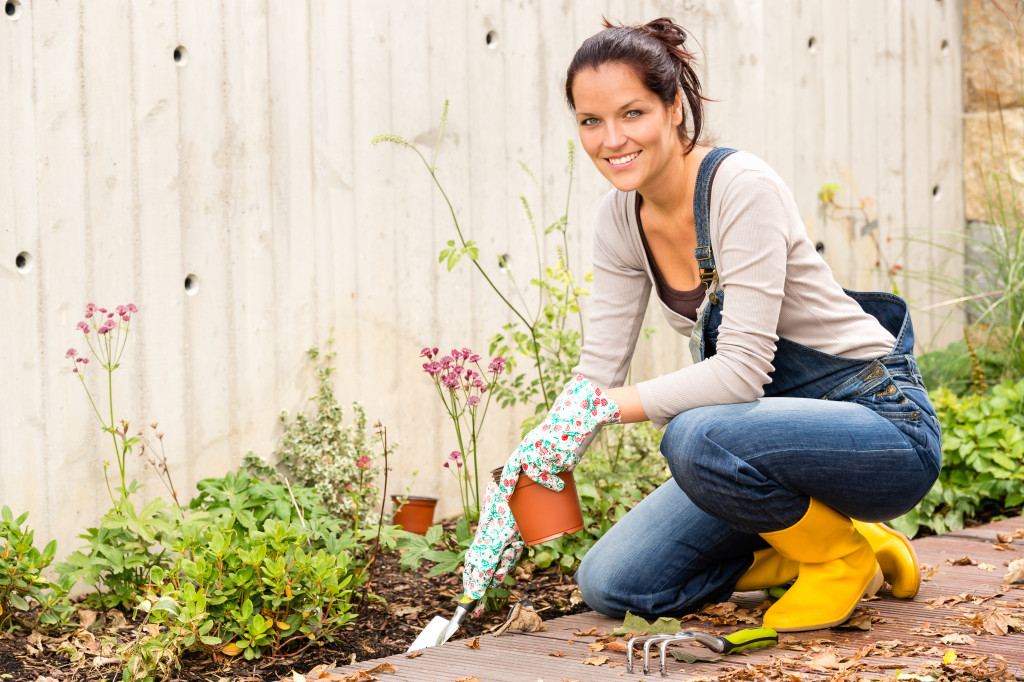These days, there has been a growing concern for the environment’s welfare and the constant fight against climate change. Because of the current issues such as one of the worst snowstorms that Texas has seen at the beginning of 2021, people are becoming more interested in living a more eco-conscious lifestyle to help the environment in any way that they can. But it has its challenges, especially if we are parents.
Since we are responsible for children’s safety and welfare, we can’t just enforce on them the practices that would adhere to an eco-conscious lifestyle. This doesn’t mean, though, that we should give up on green parenting. No, we just need to know the basics of it so that we can work toward successful green parenting—and, of course, without disrupting our children’s lives too much.
Here’s how we can implement green parenting in our own households.
Exploring Options for Reducing Carbon Footprint
For parents, especially new parents, being too concerned about plastic, energy, water, and other resource consumption can be too much. As new parents, we already have a lot on our plate between balancing work and getting used to caring for an infant. So, when we do small things such as changing diapers, our first concern is making sure that our child is dry, happy, and comfortable, and not how many diapers we’re throwing in the trash every single day.
But we can ensure that our child is well-taken care of without contributing too much to the world’s carbon emissions. All we would need to do is explore our options. For example, we can purchase disposable diapers that are made from plant-based and sustainable materials, instead of mainstream ones that are made from many environmentally harmful chemicals. Another great option is using diapers that are made of cloth. This way, we would just wash them after every use—not making any trash at all.
Improving Communication in Natural Environments
Much like any relationship, the parent-child relationship relies heavily on stable communication. But, as many of us would know, communication can be a real struggle for parents. Sometimes, our children, especially the preteens and teens, would barely say two-syllable words to us over dinner even if we try so hard to engage in a conversation with them and to get to know them better.
But, surprisingly, nature can help with this issue. A study conducted in the United Kingdom shows that children who spend a lot of time outdoors, playing around in the natural environment, are more inclined to talk to their parents about their thoughts, ideas, and even struggles. The study has found that being with nature affects individuals’ sense of self and how they interact with other people. Thus, they are encouraged to be more open and to express themselves to their parents. This is why investing in the development of a green open space at home is important for any family. We can spend most of their days playing or just hanging out with our children in the patio or backyard.

Broadening Horizons with Nature
For families that live in cities or suburbs, seeing natural wonders can be pretty rare. Some children would spend years and years before they could even swim in the ocean, explore in a forest, or see mountains and cliffs. As parents, though, we can ensure that this doesn’t happen to our children by investing in traveling to see nature. This also means investing in a great car—perfectly built for road trips—and in a home carport to ensure the car’s protection.
Traveling to see various forms of nature can be our way of broadening our children’s horizons, showing them the natural beauty of the environment. This way, they, too, can understand our efforts for keeping an eco-conscious lifestyle.
Showing Plant-based Diet Options
Getting our children to eat their vegetables on a daily basis has always been a struggle for many parents. It’s bad enough that, if they could, they would eat hotdogs and chicken fingers even to the detriment of their health. So knowing how such foods can contribute to our family’s carbon footprint makes this issue much worse.
So, if we truly want to reduce our carbon footprint, adjusting to a more plant-based diet would be highly beneficial. And we can do so in many ways. For example, we can switch to plant-based meat instead of forcing our kids to eat their plain broccoli. But what we all need to understand, though, is that we should never force our children to stop eating meat and other processed food. All that we should strive to do is show them plant-based options and let them decide.
With all of the ideas and tips shared, it’s clear that green parenting is never easy. But it’s also clear that it’s very much doable. We just need to know our options and know what’s best for our children.
